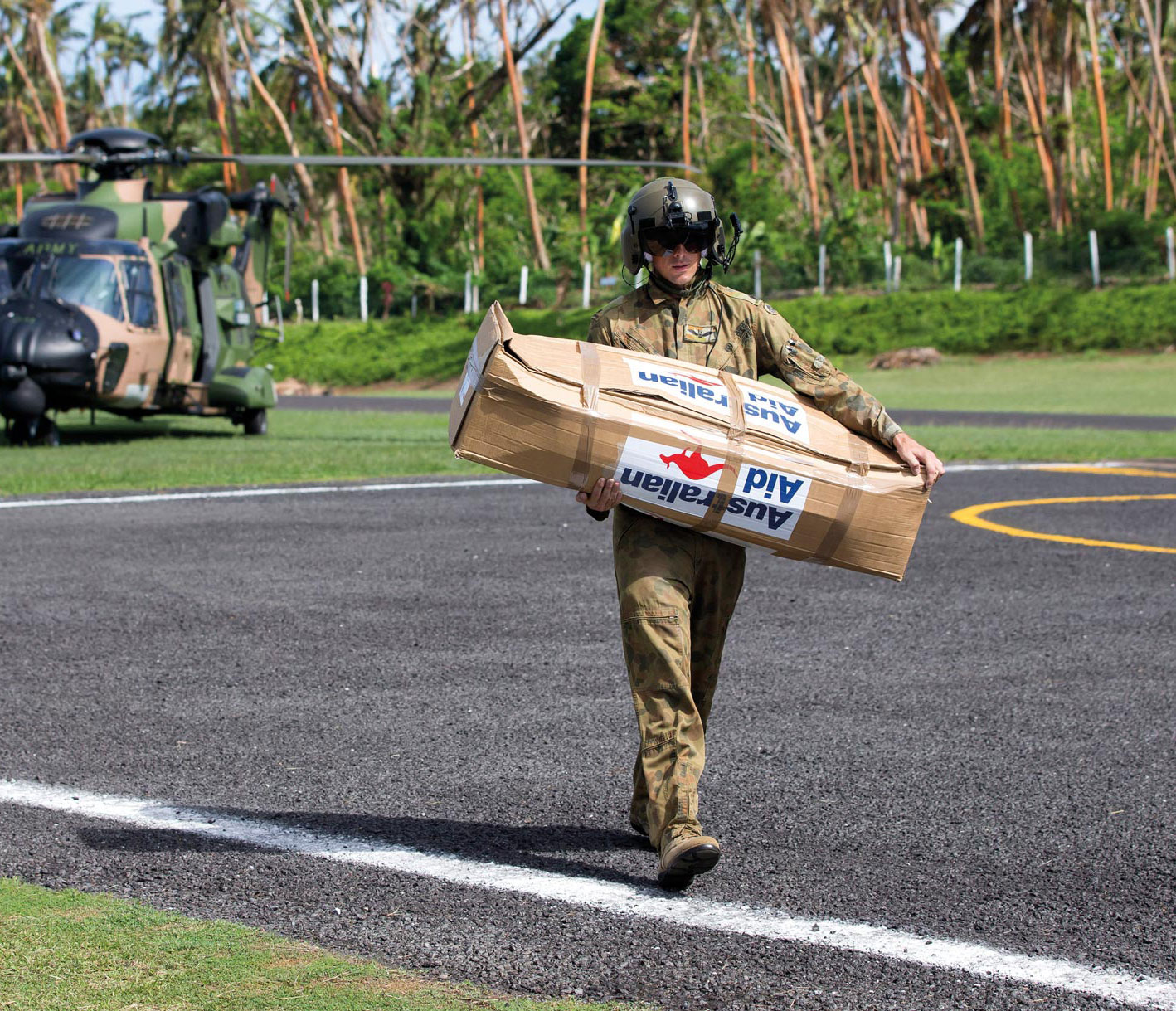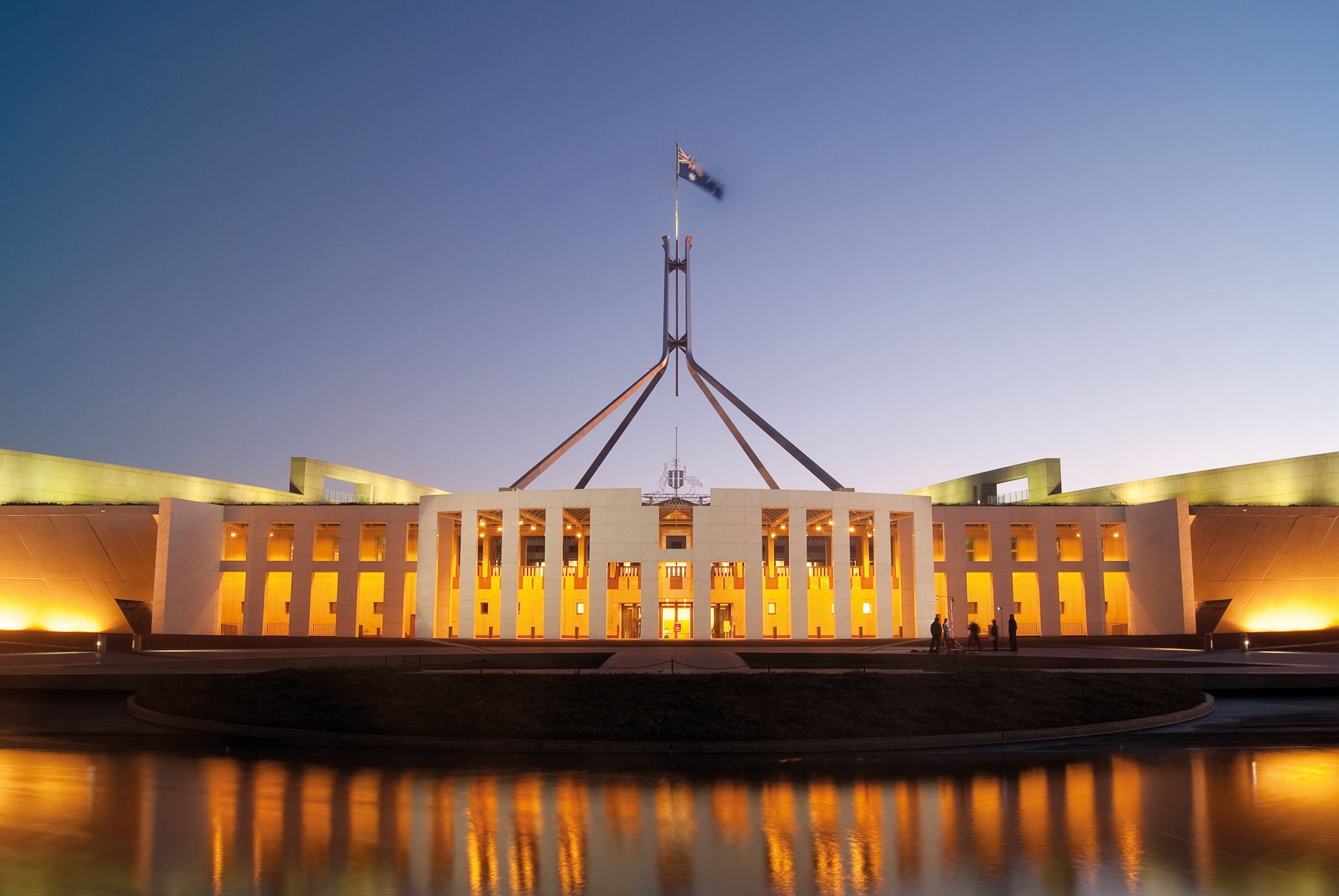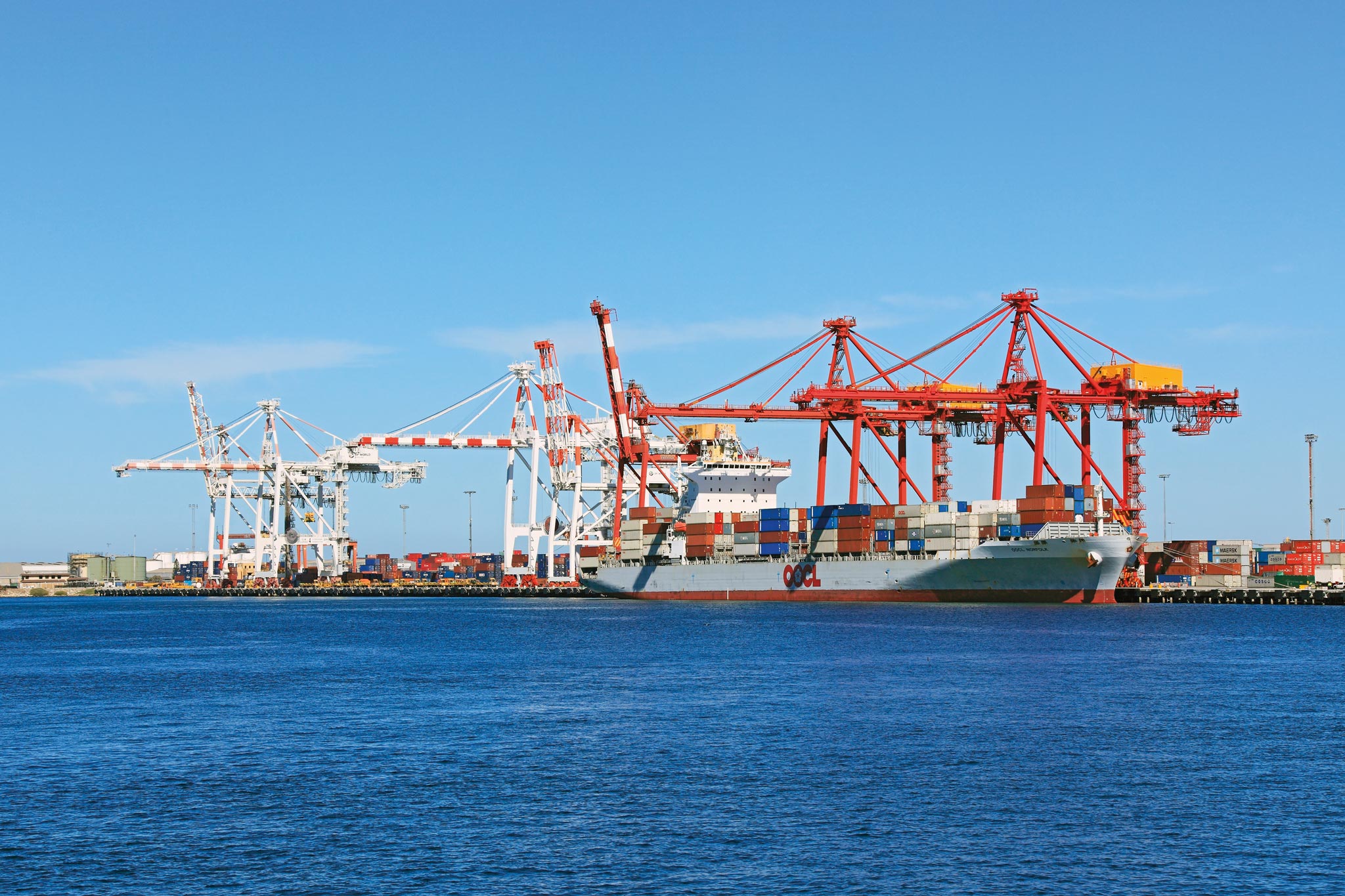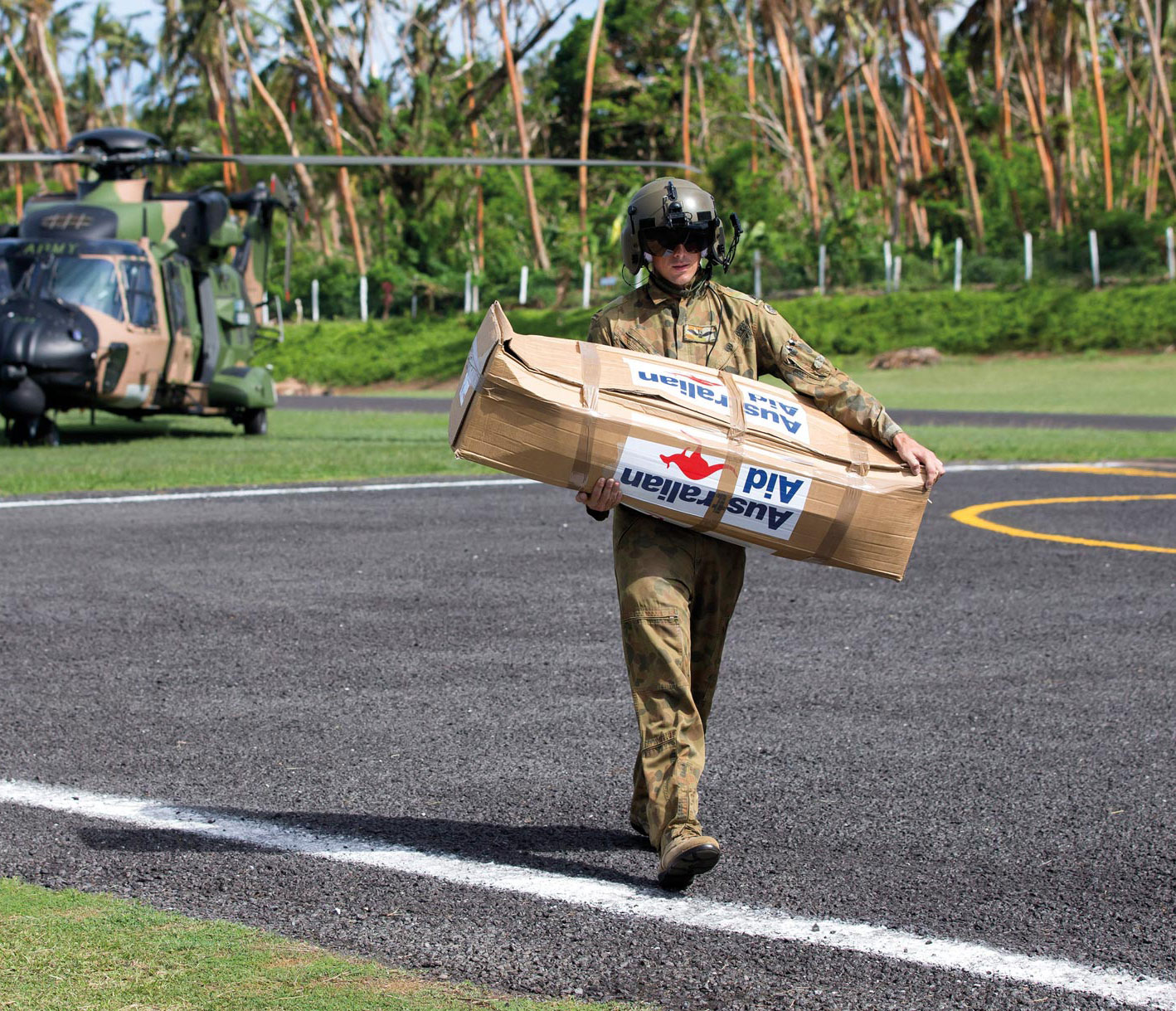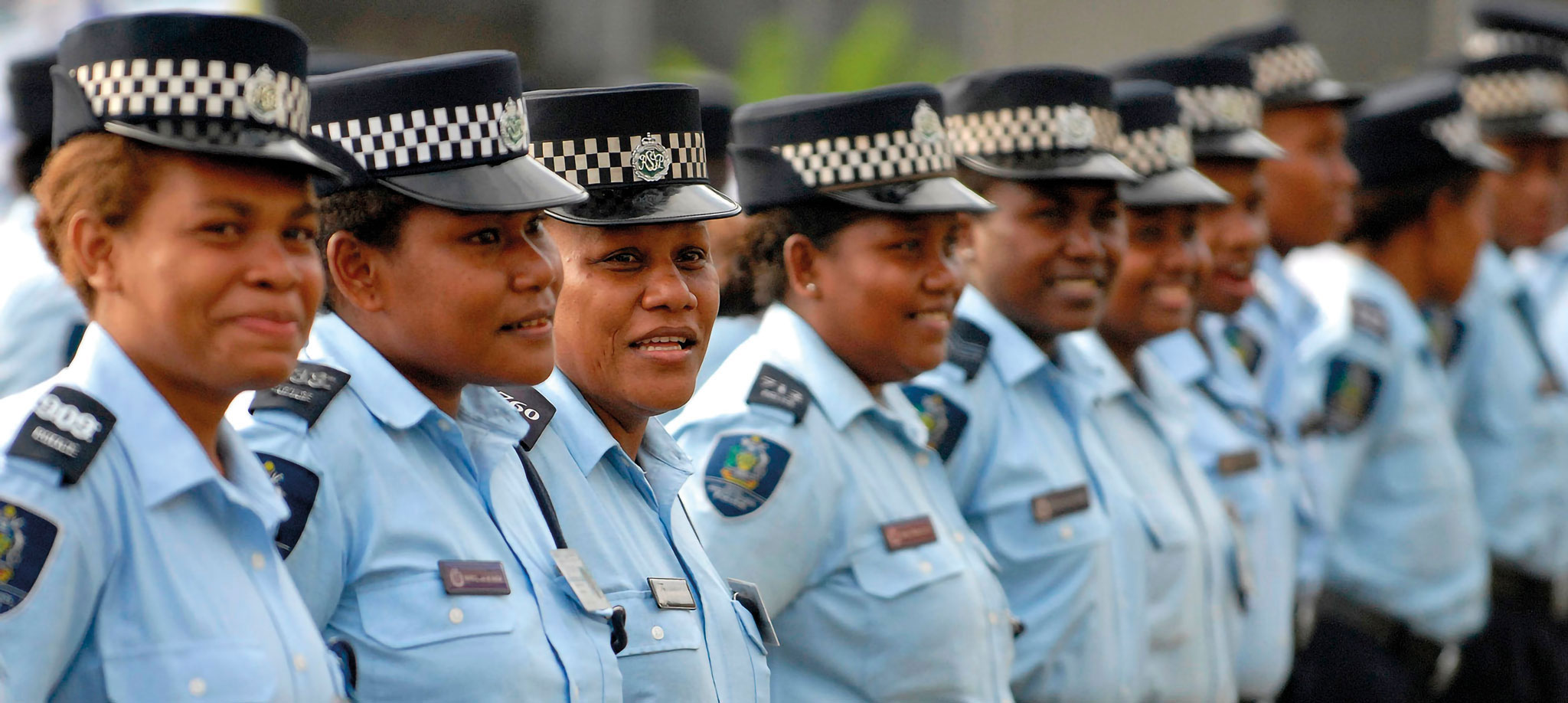Australia has an abiding interest in working towards the ultimate goal of a world without WMD.
Over the next 10 years the world will face new proliferation challenges because of emerging technologies with WMD and conventional weapons applications. Terrorists continue to seek WMD to cause mass casualties. Technological advances make developing bio-weapons easier and cheaper. Chemical weapons are again being used, as seen recently in Syria. Proliferation networks, including for missile technology and small arms, threaten the security of the Indo–Pacific.
We will remain vigilant in countering proliferation and ensuring effective export controls on goods and technologies used in the manufacture of WMD. We will stay focused on nuclear safety and security, which will grow in importance as more countries invest in nuclear power.
Australia remains committed to preventing the use of chemical and biological weapons, including through our chairing of the Australia Group. We will encourage efforts to disrupt and prevent the financing of proliferation. We will continue to strengthen the Treaty on the Non-Proliferation of Nuclear Weapons (NPT), which is the cornerstone of the nuclear non-proliferation regime, especially through the 2020 and 2025 NPT review cycles.
We will take action, including implementing sanctions, in response to specific nuclear and WMD proliferation concerns, especially in relation to North Korea. We support the Joint Comprehensive Plan of Action with Iran, which is important to efforts to stabilise the Middle East.
We advocate a patient and pragmatic approach in a complex security environment in which it is difficult to achieve significant nuclear disarmament. We must ensure the Comprehensive Nuclear-Test-Ban Treaty enters into force and achieves universal coverage. We will encourage progress on a Fissile Material Cut-Off Treaty to prevent the production of fissile material for nuclear weapons and will work with partners to improve how disarmament is verified.
In an uncertain security environment, including North Korea’s development of a nuclear and missile capability, the Government recognises that only the nuclear and conventional military capabilities of the United States offer effective deterrence against the possibility of nuclear threats against Australia and other allies of the United States such as the Republic of Korea and Japan. Without extended deterrence, more countries in the Indo–Pacific would need to re-assess their security and defence capabilities.
